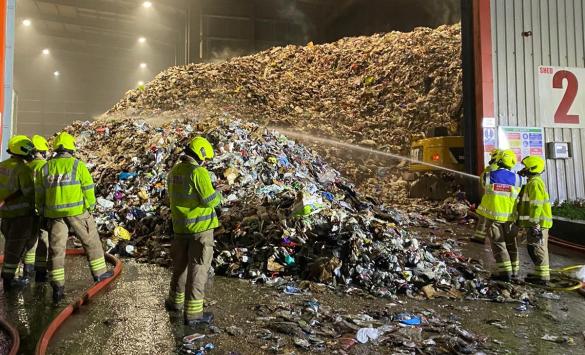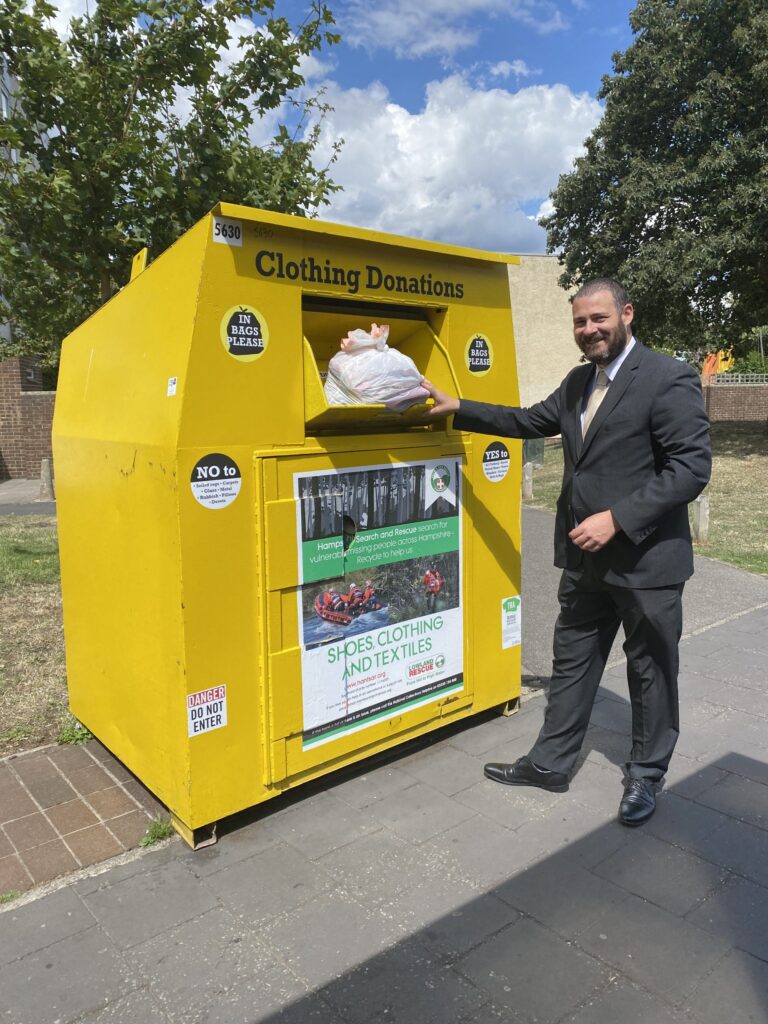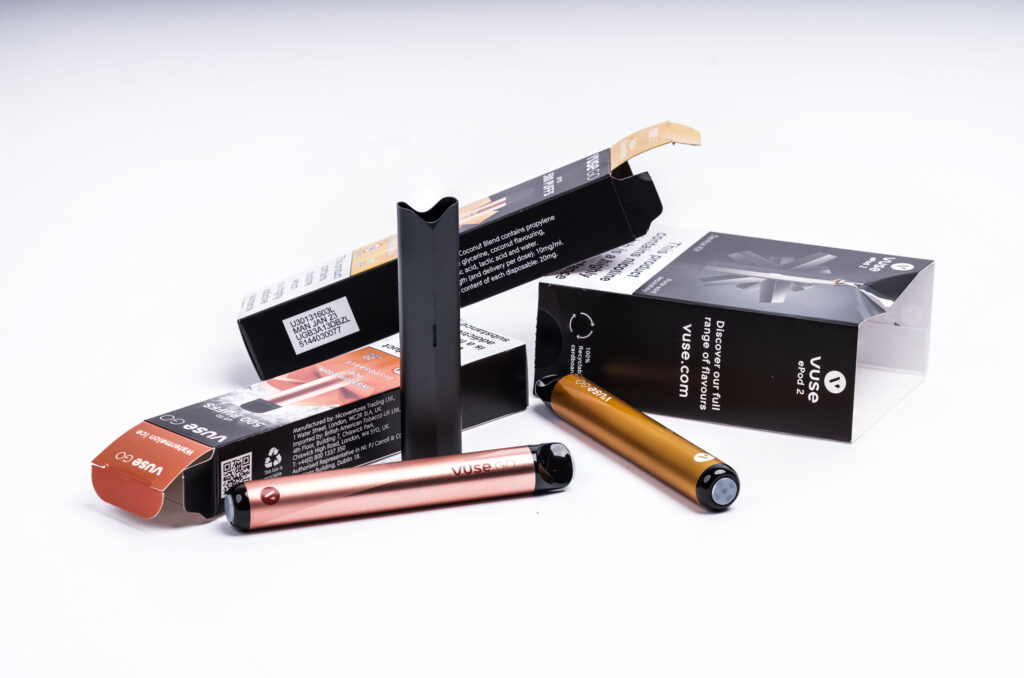The council’s disposal operator Evans Logistics said the facility at its Bryn Posteg landfill site in Powys will be ready within the next three weeks. The council recently approved a planning extension to the site to allow landfill for a further 15 years.
The waste plan says the plant will process wastes with the option of developing alternative recovery methods such as anaerobic digestion or energy from waste plant such as gasification. Evans Logistics has confirmed it is already investigating this.
The plan also says that by 2010 the council will reduce waste going to landfill in line with the Landfill Directive, and will “develop facilities for value recovery” by 2008.
The “dirty” MRF will have a capacity of 110,000 tonnes per year, allowing mixed loads to be separated. Black-bag waste will be landfilled and coloured-bag waste will be sorted and composted or recycled. Hammel machinery will be used, including a shredder and metals extractor.
A “dirty” MRF to recover 50% of residuals came out as the most environmentally favourable option for the council in a WISARD appraisal. The WISARD computer program, released last year by the Environment Agency, assess and prioritises waste management options for councils.
Plastics recycling
As part of the strategy a basic plastics recycling plant in Welshpool will also be upgraded into a clean MRF thanks to 1.2 million funding from Wales’ National Assembly.
Eight civic amenity sites will also be built by 2007. One was built last June in Welshpool and is operated by local metals recycling company G F Potters. It is already recycling 80% of the 1400 tonnes it has received since opening. Another facility will open in Llandegley in March and will be run by another local metals recycler – JPR Richard. A further facility will soon go out for tender.
Silas Jones, waste minimisation officer for Powys County Council, said local firms were receptive to the council’s needs. “This is a very rural area and the tonnages aren’t large. The usual big waste management players are not particularly interested.”
Other options will also be put in place. At present the council has 58 bring sites representing one for every 811 households. The council intends to increase the number of sites to give a density of one per 750 households by 2006. A worm farm in Newtown is also expected to compost 3000 tonnes of waste by 2003.
Last financial year the council recycled 9.3% of the 45,944 tonnes of household waste that arises. This year the figure is expected to rise to between 14% and 16%.










Subscribe for free